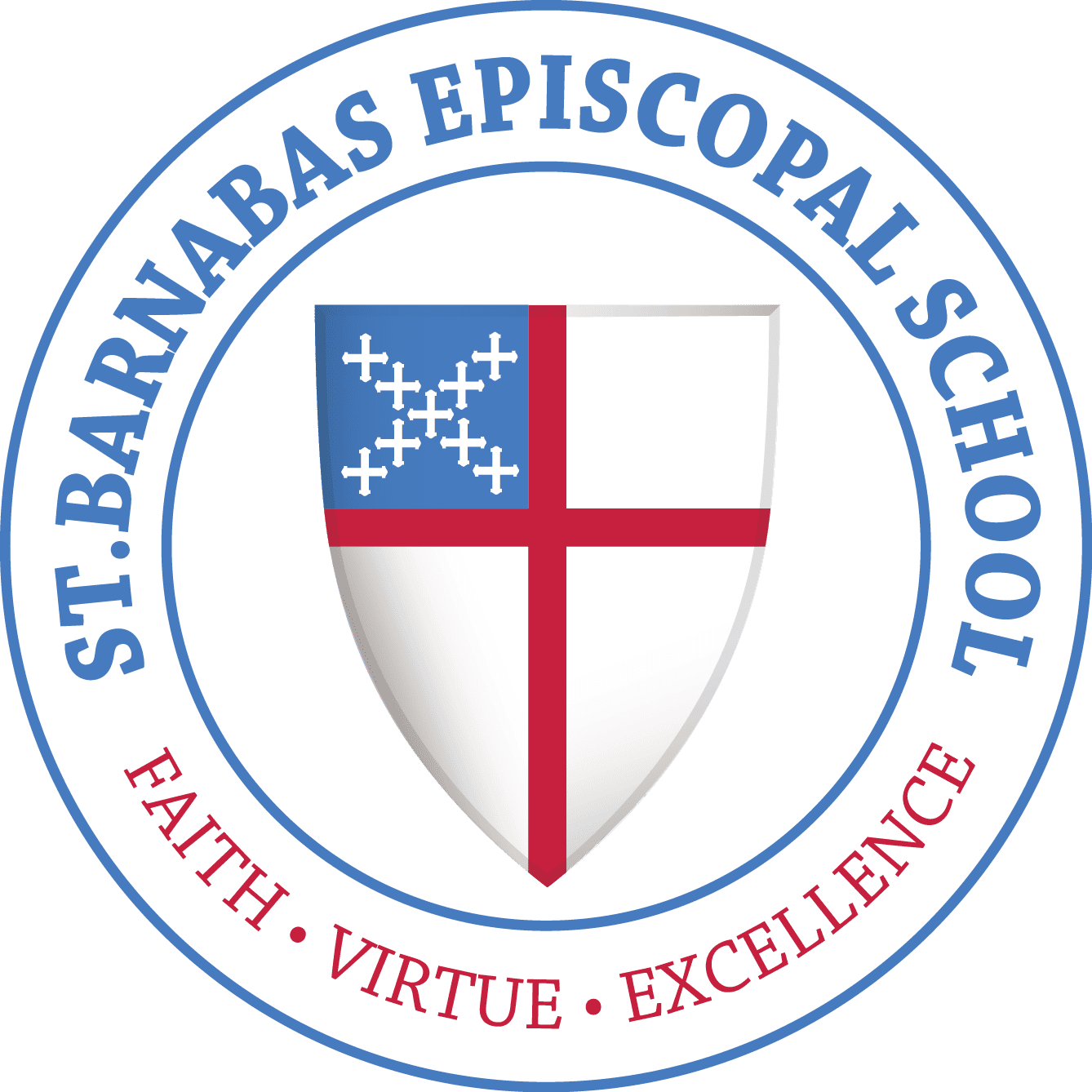Private schools are institutions that are funded by organizations (often churches or religious groups) rather than solely by the government. Since their funding comes primarily from grants and donors, private schools are able to integrate their personal values into the classroom. This makes private education an excellent option for many families for whom their faith is paramount. Additionally, families often choose to invest in private education because of the small classrooms and the rigor of their academic programming.
As you work to determine whether private education is right for you, here are some facts about the alternatives:
Public School
The most common choice for primary and secondary education. Consistently, over the last three decades, ninety percent of American children are enrolled in public schools. This is partly due to the fact that it is free and local. Families are paying taxes to support these schools and therefore feel it’s important to support the school that services their local community. Unlike their private counterparts, public schools tend to have larger classrooms and are strictly prohibited from including religious materials in the classroom. Public schools are governed by local, state, and national government and their students are required to participate in state standardized testing.
Charter School
Although the name might be confusing, charter schools fall under the public school category. Like in private education, charter schools are operated independently, though they are funded by the government in the way that a public school is. As the name states, these schools are operated under a charter which holds them accountable to the same standards as public schools while also allowing them specific freedoms as outlined in their founding documents.
Montessori School
Technically, Montessori schools are private schools as they require tuition to attend and are not directly overseen by a state or local government. Each Montessori school may differ depending upon whether it is run as a non-profit organization or owned by an individual. The significant differentiator when it comes to Montessori schools is the non-traditional method of teaching. While this method may work for some, it can be very difficult for other students to acclimate to.
At St. Barnabas School, we’re biased. We’ve seen time and again how private education has helped shape our students – current and past – into the bright, compassionate, and successful people they eventually become. We can’t speak for other methods of education, but we believe that you should be informed and understand why your choice is the best one for your family. For more information about joining the St. Barnabas School community, contact us today.

